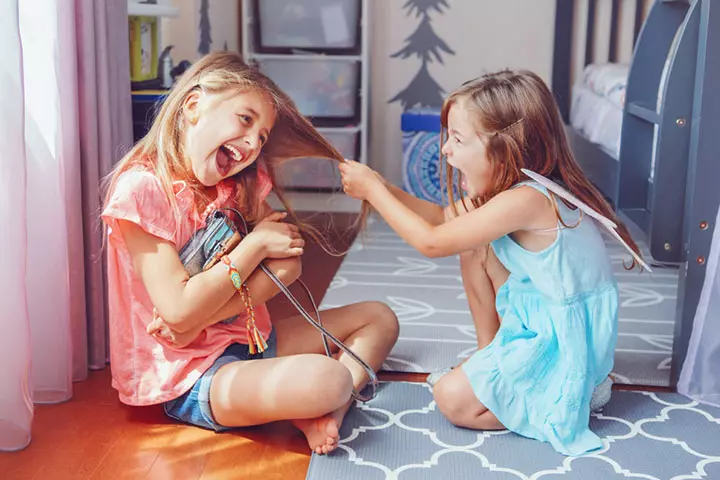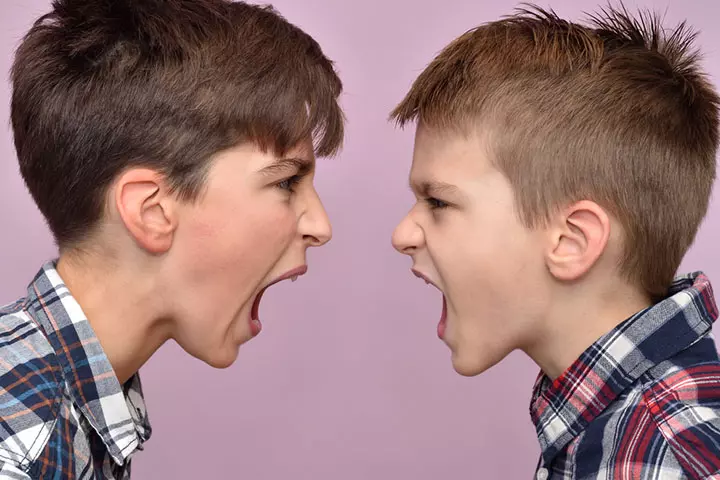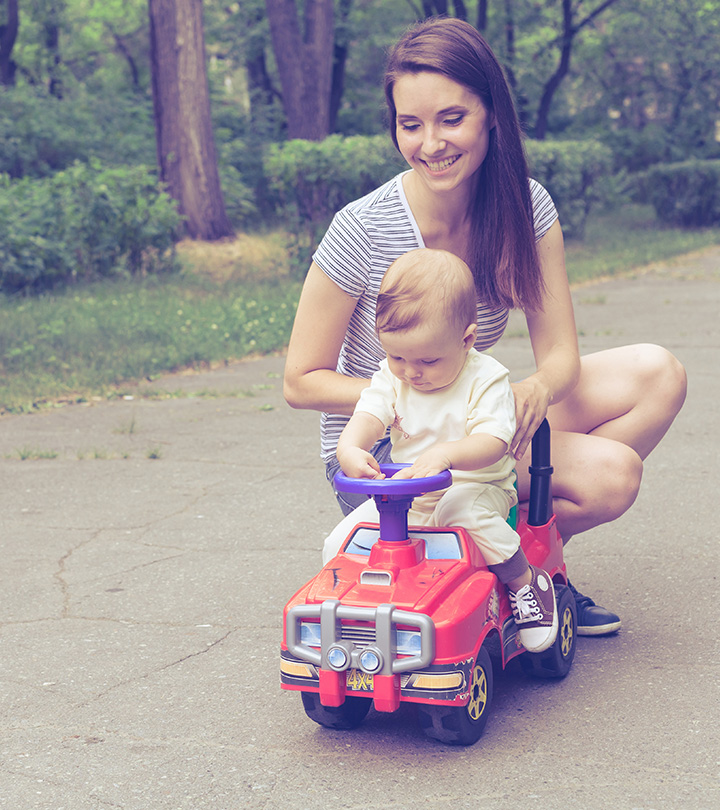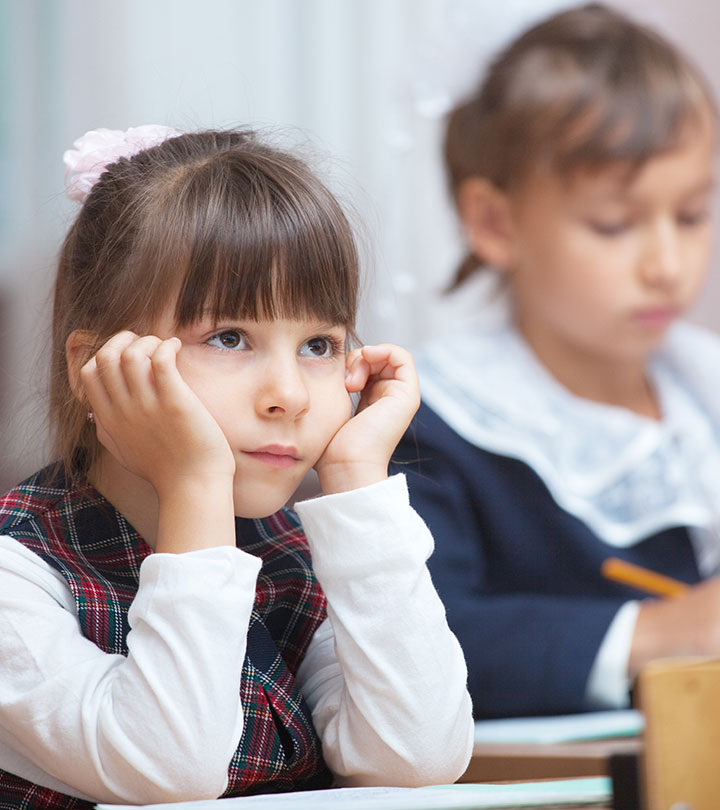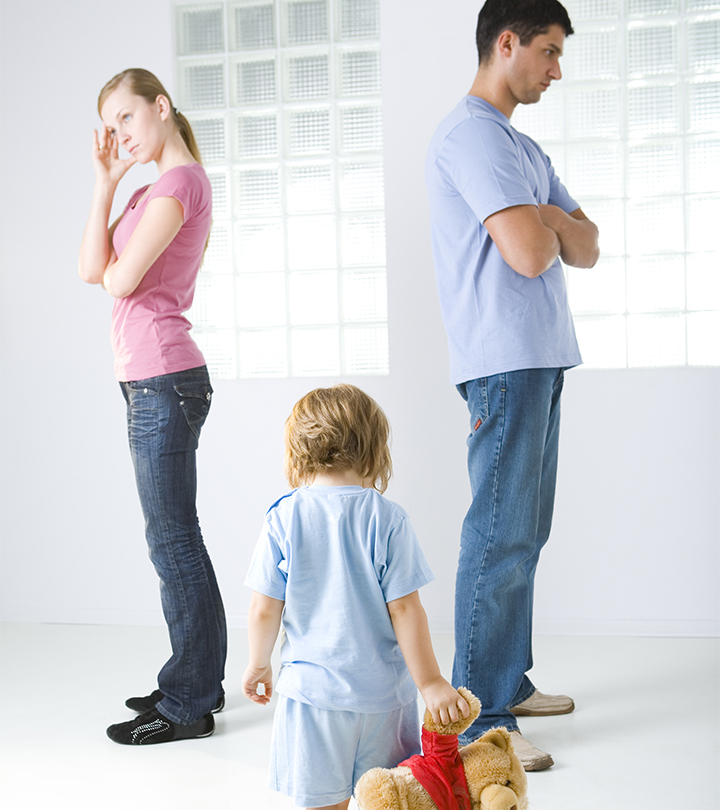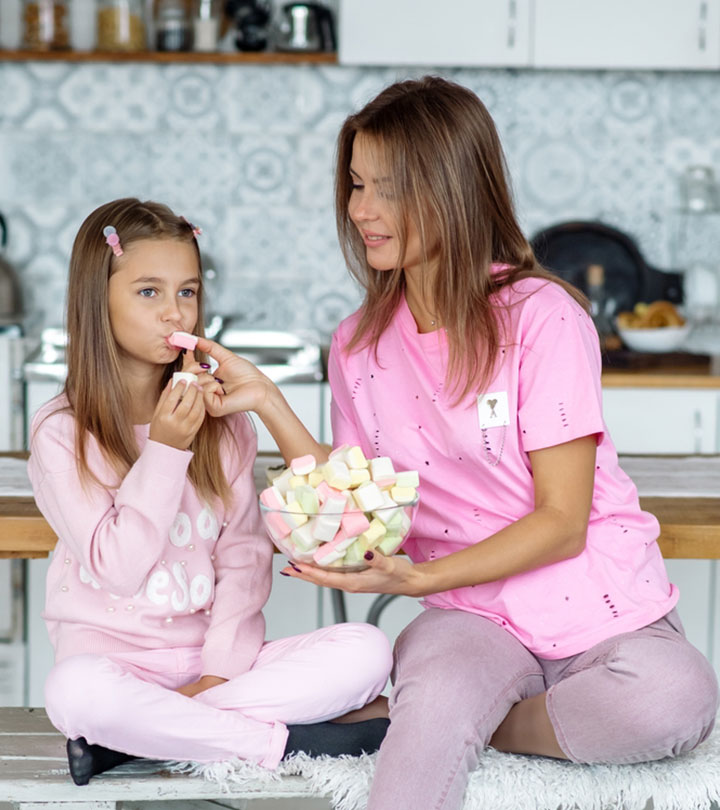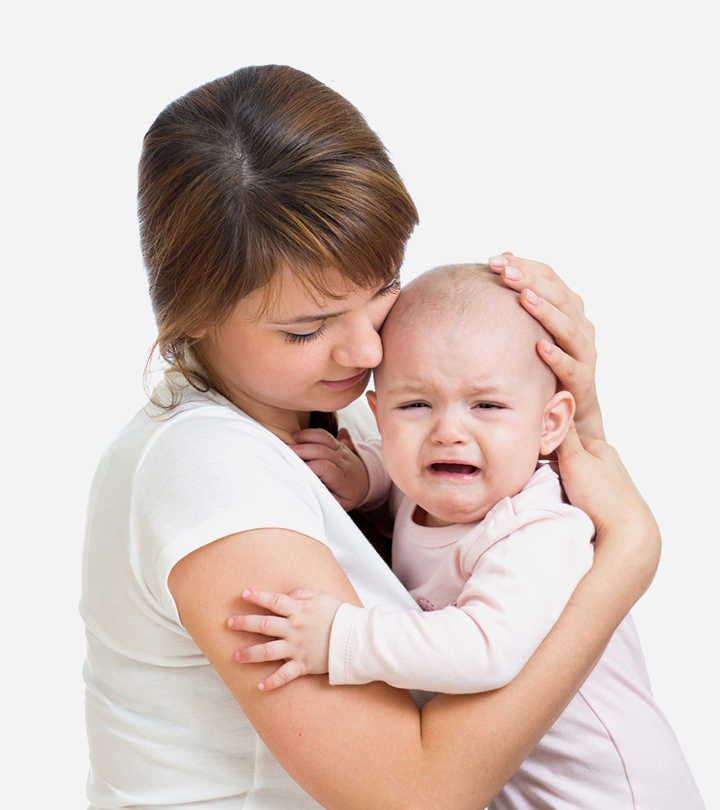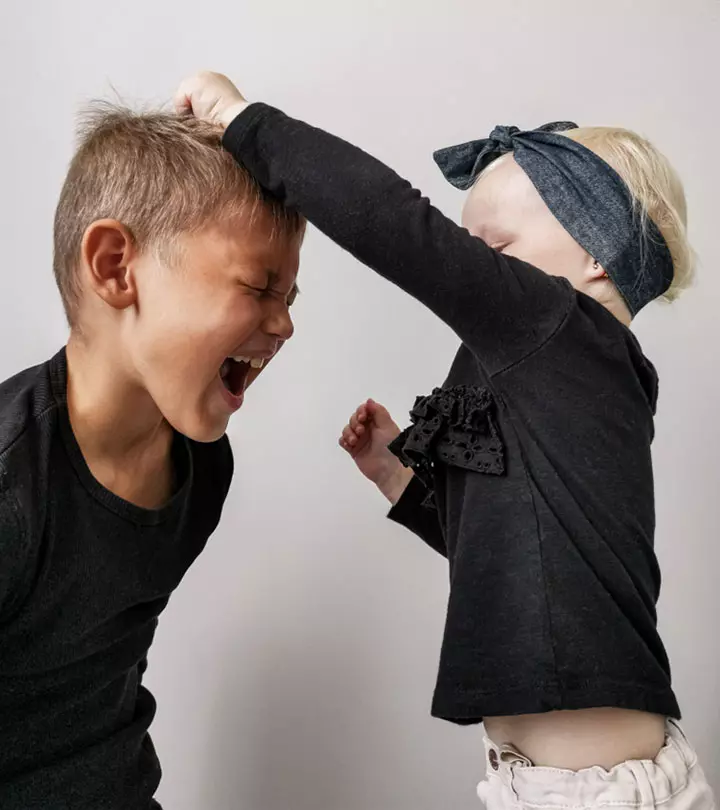
Image: Shutterstock
We’ve all been there, right? You get that dreaded call from your child’s school, or maybe you notice it yourself that your child is being mean to their friends. It can be tough to wrap your head around, especially if you’ve always seen your child as a sweet and kind individual. But before you jump to conclusions or start to panic, take a deep breath. It’s essential to approach this situation with empathy, understanding, and a willingness to help your child navigate the world of friendship. In this article, we’ll explore some possible reasons behind your kid being mean to their friends and offer guidance on how you can provide support. Read on to know more!
Understanding The Why
Image: Shutterstock
One of the first steps in addressing your child’s behavior is to try and understand why they might be acting this way. Children, like adults, have their own struggles and insecurities, and they might not always express them in the healthiest ways. Here are some possible reasons why your child is being mean to their friends:
1. Peer Pressure
Children can be remarkably susceptible to peer pressure. They may feel compelled to act a certain way or be unkind to others because they fear rejection from their peers. It’s vital to have an open conversation with your child about the importance of staying true to themselves and being kind, even if it means standing up to peer pressure.
2. Lack Of Social Skills
Some children might struggle with social skills, making it challenging for them to navigate complex social situations. As a result, they might resort to meanness as a way to cope with their discomfort or insecurity. Consider helping your child develop their social skills, which can improve their interactions with friends.
3. Emotional Turmoil
Children, just like adults, can experience emotional turmoil. They might be going through a difficult phase in their life, such as coping with a divorce, the loss of a loved one, or academic stress. These emotional challenges can manifest as unkind behavior toward friends.
4. Seeking Attention
Children often crave attention, and negative behavior can be a way to get noticed. If your child is feeling overlooked or neglected, they might resort to being mean to their friends to gain attention. This calls for a need to ensure that your child feels heard and valued at home.
5. Imitating Behavior
Kids have this sponge like quality as they absorb what is happening surrounding them. If your child is exposed to negative or unkind behavior in their environment, they may imitate it without fully understanding the implications. Monitor their media exposure and the people they interact with to ensure they are in a positive and supportive environment.
Offering Help And Support
Image: Shutterstock
Once you’ve delved into the possible reasons behind your child’s behavior, the next step is to offer help and support. Remember, it’s crucial to approach this situation with love and understanding rather than anger or blame. Here are some steps to consider:
1. Open Communication
Talk to your child about what’s been happening, but do it in a non-confrontational and non-judgmental way. Let them know that you’ve noticed their behavior and that you’re there to listen and help. Create a safe space for them to express their feelings and concerns.
2. Teach Empathy
Empathy is a fundamental skill that can make a significant difference in your child’s interactions with others. Encourage them to put themselves in their friends’ shoes and consider how their actions might affect others. You can do this through discussions, books, or even watching movies that depict empathy.
3. Role-Model Kindness
Children learn by example. Demonstrate kindness and compassion in your own interactions with others, and your child is more likely to follow suit. Show them that being kind is a valuable and appreciated trait.
4. Monitor Media Exposure
Be mindful of the media your child is exposed to, as it can have a significant impact on their behavior. Ensure that they’re consuming age-appropriate content that promotes positive values.
5. Seek Professional Help
If you find that your child’s mean behavior persists, or if you suspect underlying emotional or psychological issues, it might be beneficial to seek professional help. A child psychologist or counselor can provide valuable insights and strategies to address the root causes of their behavior.
6. Encourage Friendship
Help your child nurture positive friendships. Arrange playdates, encourage extracurricular activities, and facilitate opportunities for your child to connect with others who share their interests. Positive friendships can have a profound impact on your child’s social development.
Dealing with a child who is mean to their friends can be challenging, but it’s an opportunity for growth and learning. Remember that children are constantly developing and maturing, and they may need your guidance to navigate the complexities of friendship. By understanding the underlying reasons for their behavior and providing support, you can help your child become a kind, empathetic, and socially responsible individual. Your love and guidance will go a long way in shaping their future relationships and interactions with others. So, take a deep breath, trust the process, and watch your child learn and grow.

